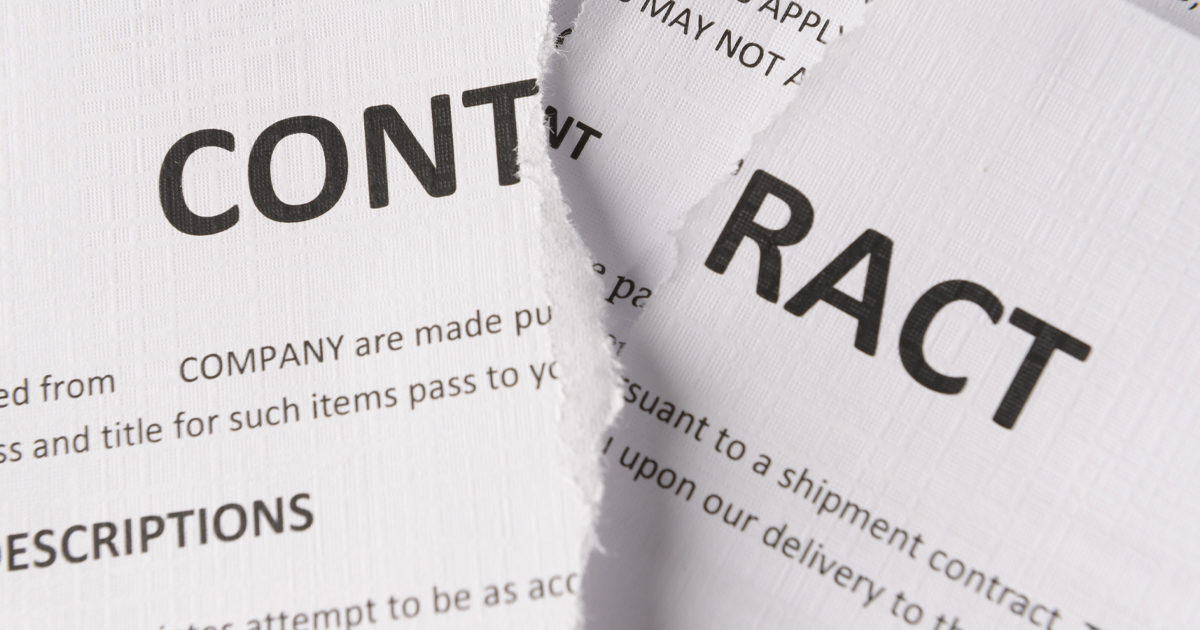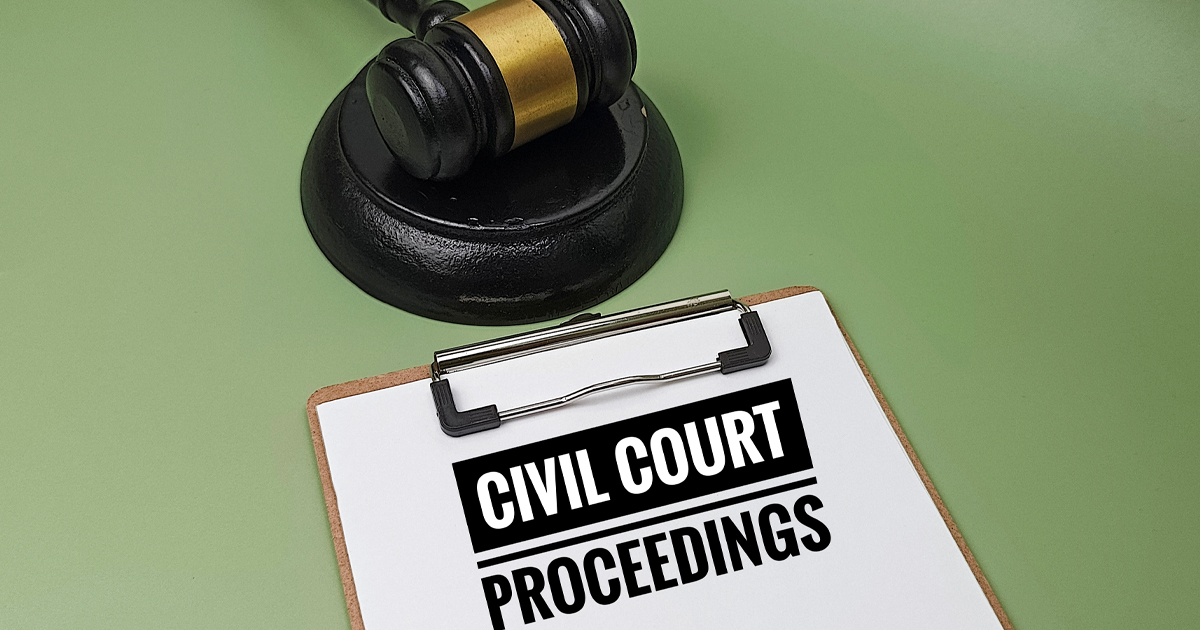When you apply for a divorce in Singapore, the court may direct you and your spouse to go through mediation, if both of you are unable to agree on any issues related to the divorce and ancillary matters.
Mediation may be required if:- Your spouse contests the divorce. They do not agree to end the marriage on the reasons you have stated in your Originating Application.
- You two disagree on children’s arrangements. You cannot settle on who and how to make important decisions relating to the children, who the children shall live with and when the other parent can see the children.
- You two disagree agree on any financial matters. You two cannot agree on how the matrimonial assets like the matrimonial home shall be divided, how much each of you shall contribute to the children’s maintenance or how much one spouse shall contribute to the other’s maintenance (if any).
Mediation gives you both an opportunity to talk things through, find common ground and come to an agreement that reflects what both of you want — in the presence of a neutral third party: a mediator. This may sometimes differ very vastly from what a court and/or judge may order after a hearing.
Why the Court Requires Mediation in Divorce
- Encourages agreement. Instead of fighting it out in court, mediation encourages both parties to sit down and to attempt to reach a resolution amicably, without resorting to litigation.
- Saves time and money. A mediated agreement can save parties valuable time and reduce legal costs.
- Protects your family. Mediation encourages cooperation and compromise, which can form the foundation for a more productive and conducive co-parenting relationship in the future.
Who Your Mediators Are
Mediation takes place at the Family Dispute Resolution (FDR) Division and is led by:- Family judges that have many years of experience in adjudicating family law cases
- Staff Family Mediators that have experience in family law cases, especially divorce
- Volunteer Legal Professionals that are skilled in negotiation and mediation
All act as neutral third-parties and guides to the parties — they will not tell you what is right or wrong, or force either party to make a decision that they are not comfortable with.
How to Prepare for Divorce Mediation
- Consider what is your best, worst and most likely scenario. Consider what are the outstanding issues that have not been resolved and what your best, worst and most likely outcome is for each issue.
- Gather and bring evidence. Before going into a mediation, gather as much evidence as possible, like payslips, bank account statements, valuations for any assets, school timetables —anything that would assist in helping you reach a resolution or guiding your decision-making process.
- Decide what matters most. Know what are your non-negotiables and where you can compromise.
- Focus on the children and the long-term effects that any orders may have on them. Focus on formulating sustainable and long-term solutions, that will give both parties flexibility.
The Mediation Process for Divorce
- Opening rules. The mediator will normally start off the session with some ground rules and brief the parties on how the process is like.
- Your views. Each party and/or their lawyers will have a chance to state what their positions are.
- Pinpoint issues. The mediators along with the parties, will identify what are the issues that the parties cannot agree on and how far apart both parties are on each issue.
- Private talks. If needed, the mediator will meet with each party and their lawyers separately to assess if a resolution is possible and if so, what each party’s end goals are.
- Joint negotiation. If appropriate, the parties and their lawyers may come together for a joint session, which will be facilitated by the mediator. During this sessions, the parties will attempt to negotiate and formulate solutions together.
- Written agreement. If there is an agreement, the parties and their lawyers will work together to draft the terms of the agreement and/or consent order, which will be read over to the mediator and to the parties, before it is signed and filed to the Court.
Tips for a Productive Mediation
- Listen carefully. When the mediator and/or the other party is speaking, remain calm and let them speak. You will be given a turn to speak and respond, if necessary.
- Take breaks. If emotions run high and you are not comfortable being in a joint session with the other party, ask the mediator if you can take a break or move to a private session instead.
- Be creative. Be open about the types of orders you are seeking and do not fixate on just solution.
- Get it checked. Take some time to consider if the proposals and/or agreement reflects what you are comfortable with and is something you can commit to in the long term. Do not rush into making any decisions and/or signing any agreements.
How GJC Law Can Help You Succeed in Mediation
Pre-Mediation Strategy Session
We’ll meet with you to understand your situation, review your priorities, draft a clear mediation statement stating your positions regarding the various issues, think about what your best, worst and most likely outcome is for each other, and mentally prepare you for what might happen at the mediation.
Document Preparation
Our team will collate and organise all necessary documents — eg. income statements, property valuations, care schedules—and prepare a concise mediation bundle for the mediator.
Representation at FDR Sessions
An experienced GJC Law counsel will accompany you to the mediation, advocate for your interests, propose creative solutions on the spot, discuss any proposals with you and handle any private (“caucus”) discussions professionally.
Drafting and Reviewing Consent Orders
Once terms are agreed, we will work together with you and the other party and their lawyers to draft a consent order / settlement agreement that reflects the parties’ agreement, and based on what the Family Justice Courts requires and our experience with other similar cases.
Post-Mediation Follow-Up
We’ll handle any administrative matters after the mediation – eg. filing your consent order, answering any follow-up questions, and advising on next steps, if mediation is not entirely successful. This may involve further negotiations and/or proceeding to a contested hearing.













